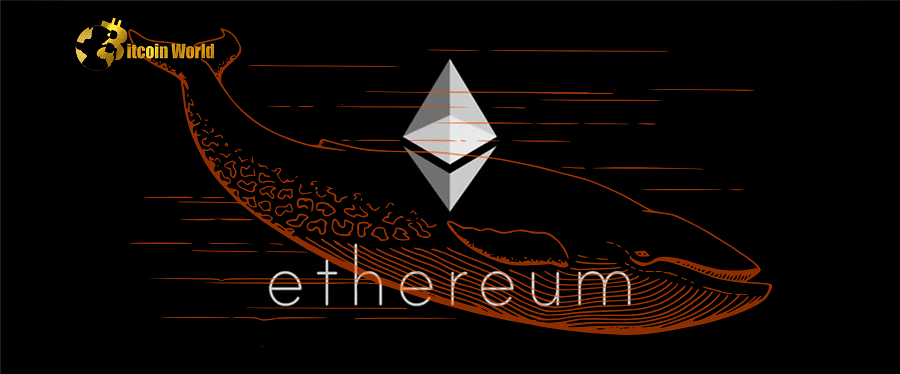Whale transactions on the Ethereum ($ETH) network recently surpassed 410 transactions exceeding $1 million earlier this week after dip-buying activity reached a low on December 16.
Ethereum’s whale transactions “have shown nice momentum,” according to on-chain analytics firm Santiment, after prices surged earlier this week, with the cryptocurrency rising from under $1,200 per token to around $1,250 at the time of writing.
According to Santiment, Ethereum whale transactions are those with a value of $100,000 to $1 million. However, the activity of large Ethereum holders should be viewed with caution, as while an increase in whale transactions can be interpreted as a sign of confidence, it’s also possible that these investors are simply looking to capitalise on short-term price movements.
A Bloomberg Intelligence report published late last year predicted that Ethereum would outperform the flagship cryptocurrency Bitcoin ($BTC) in the coming months. The report highlighted Ethereum’s progress in comparison to $BTC, as well as the fact that it has not been affected by the deflation that has affected most other risk assets.
According to the report, Ethereum’s annual volatility is approximately 1.3 times that of Bitcoin, implying that it may be more susceptible to price fluctuations. Despite this, the authors of the report believe that Ethereum will resume its trend of outperforming Bitcoin once the dust settles from the recent risk asset downturn.
Ethereum co-founder Vitalik Buterin recently identified five key application categories that pique his interest in Ethereum’s ecosystem: money, decentralised finance (DeFi), identity systems, decentralised autonomous organisations (DAOs), and hybrid applications. Buterin discussed the progress being made in each of these areas, as well as the potential they hold for the future, in a blog post.
He emphasised the development of stablecoins and scaling technology in the money category, while in DeFi he emphasised the potential for stability following a period of overcapitalization. Users can prove their identity and access services through identity systems such as Sign In With Ethereum and the Ethereum Name Service, while DAOs provide decentralised governance structures. Hybrid applications that combine blockchain and other systems provide better trust models, especially in voting systems.














